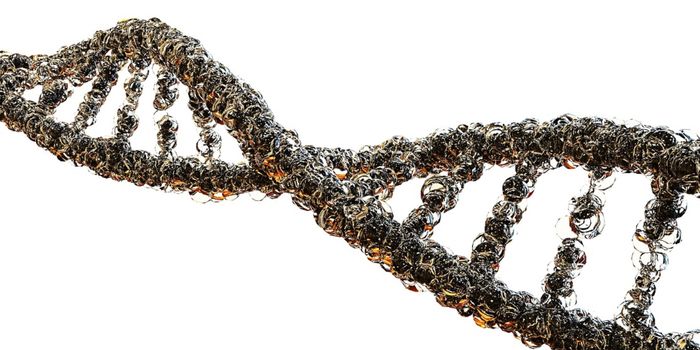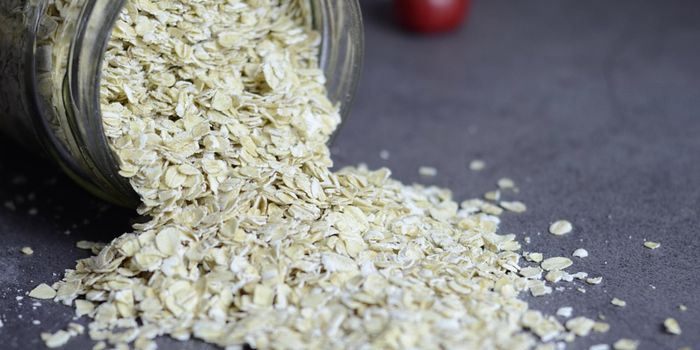Common Pesticide May Lead to Weight Gain
Globally, obesity rates have been rising for years. Research has indicated that a western diet that's high in fat, sugar, and processed foods has contributed to the issue. But now researchers have used a mouse model to show that a common pesticide may be influencing obesity. Chlorpyrifos is sprayed on agriculture crops around the world, although it has been banned in Canada. Reporting in Nature Communications, scientists have suggested that chlorpyrifos slows down the rate at which calories in brown fat are burned, and can promote obesity.
Unlike white fat, which stores calories, brown fat burns them, generating heat in the process and preventing the buildup of calories in white fat, said senior study author Gregory Steinberg, professor of medicine and co-director of the Centre for Metabolism, Obesity, and Diabetes Research at McMaster. Cold temperatures can activate brown fat, generating heat in a process known as thermogenesis.
In this study, researchers assessed the impact of 34 common herbicides or pesticides on brown fat cells growing in culture. They found that chlorpyrifos had a significant impact on the expression of UCP1, a protein that previous work has shown is crucial to brown fat thermogenesis in people.
That led the researchers to investigate the impact of consuming food that had been sprayed with chlorpyrifos on an obese mouse model. The work indicated that chlorpyrifos reduces the amount of calories burned by brown fat through thermogenesis.
“Lifestyle changes around diet and exercise rarely lead to sustained weight loss. We think part of the problem may be this intrinsic dialing back of the metabolic furnace by chlorpyrifos,” suggested Steinberg.
He noted that brown fat's energy burning ability would only have to be reduced by 40 calories every day to cause obesity in adults. Those extra calories could cause a person to gain as many as five extra pounds every year.
While other environmental toxins have been associated with rising obesity rates, including chlorpyrifos, Steinberg noted that most of this research has suggested that they're linked to increased food consumption, and not how calories are burned.
This research still has to be confirmed in humans, but it may lend some evidence to the idea that organically grown foods have health benefits that make them preferable to consuming regularly treated fruits and vegetables.
Sources: McMaster University, Nature Communications









